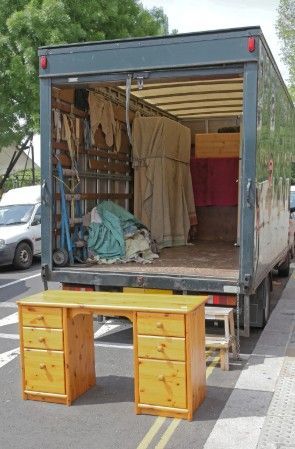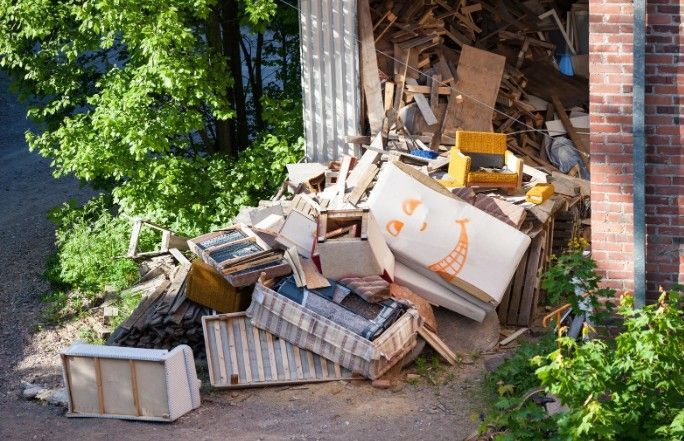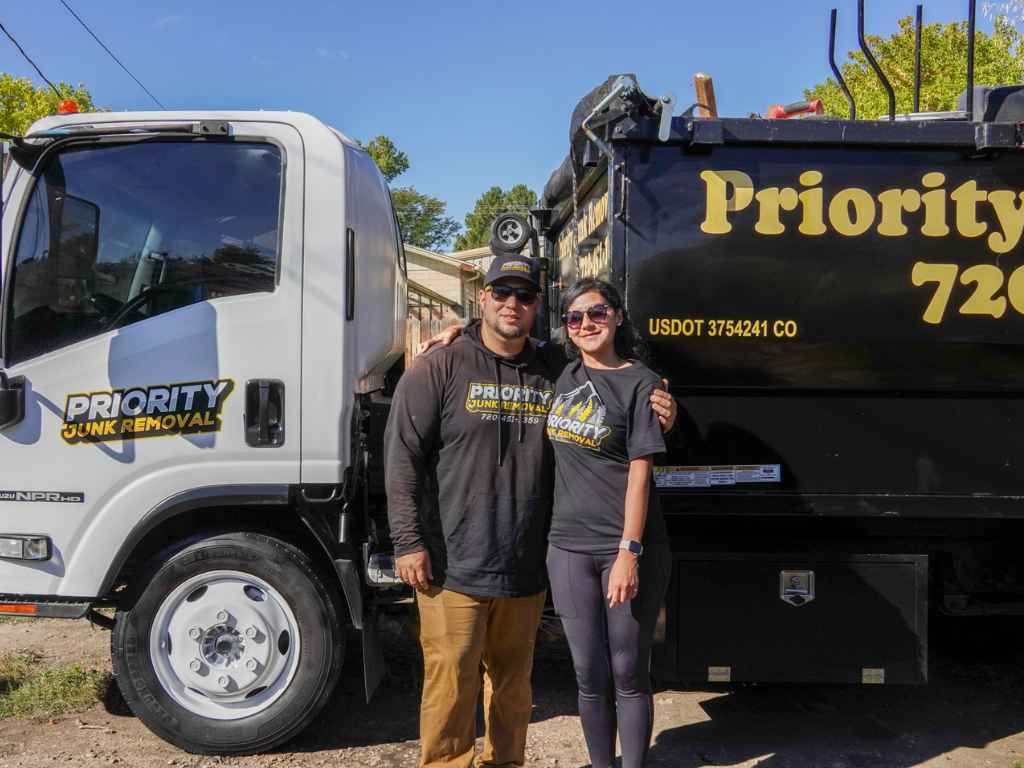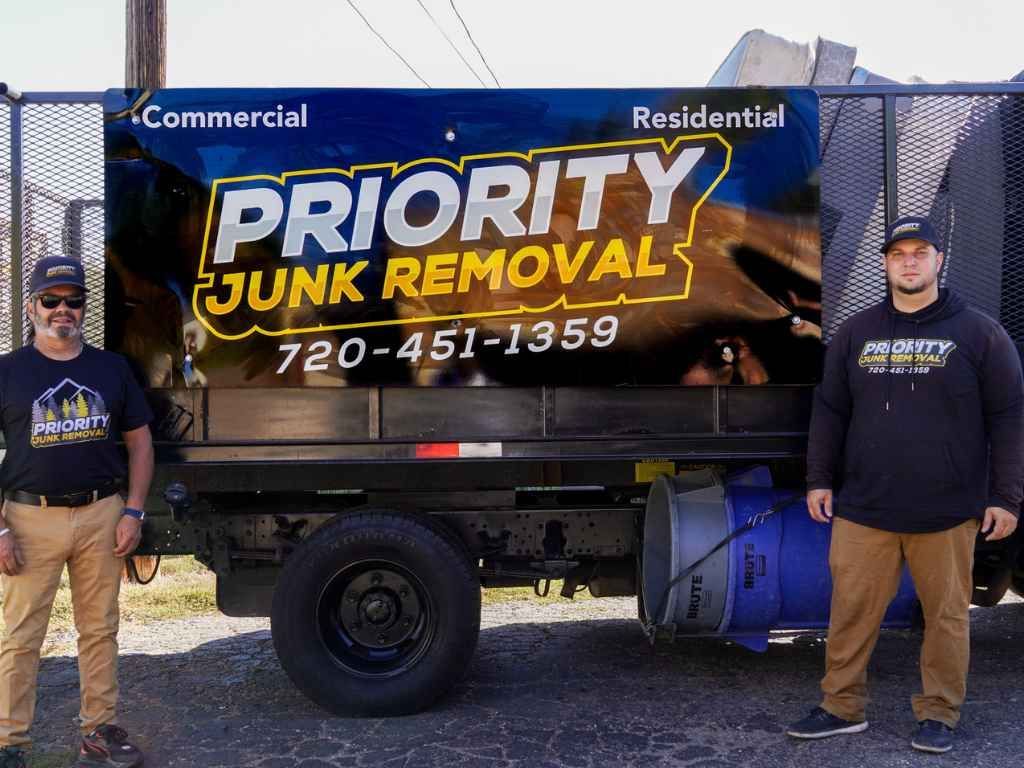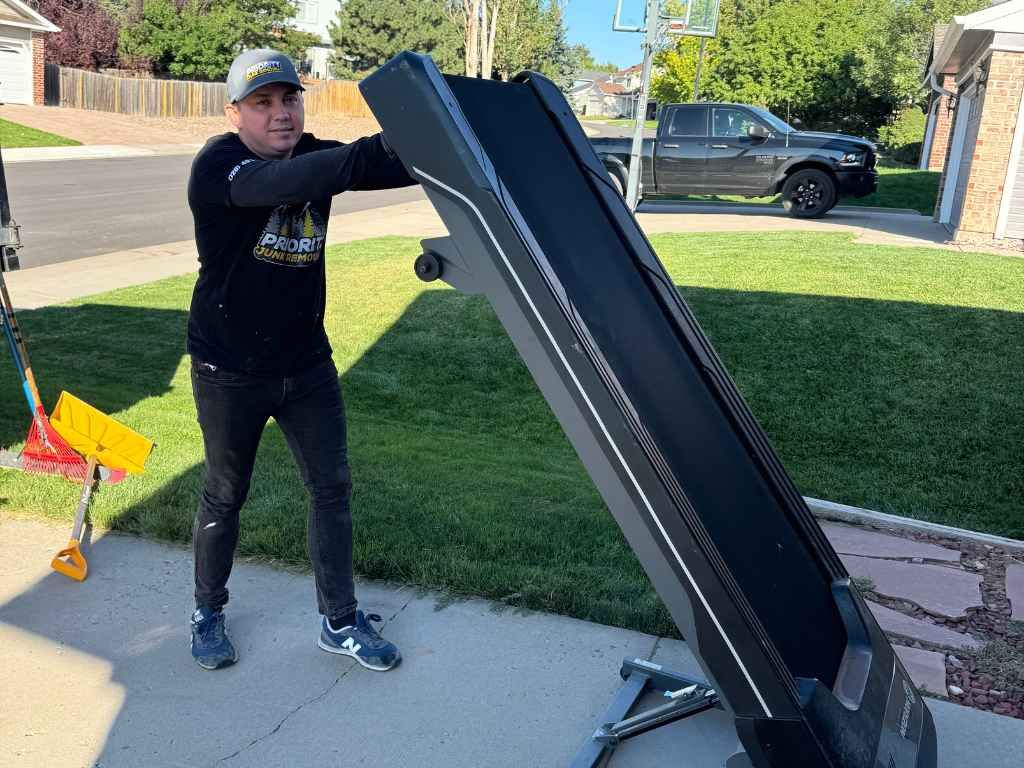How to Safely Handle Appliance Removal in Your Business
Businesses inevitably face the challenge of disposing of old, broken, or outdated appliances. Whether upgrading office equipment, replacing commercial kitchen appliances, or discarding industrial machinery, appliance removal is a task that requires careful handling to ensure safety, efficiency, and compliance with local regulations. Improper disposal can lead to environmental hazards, unnecessary costs, and potential legal consequences. Knowing how to handle appliance removal in your business effectively can save time and resources while minimizing risks.
Understanding the Complexity of Appliance Removal
Removing appliances is more complicated than tossing out everyday trash. Appliances like refrigerators, washing machines, ovens, and air conditioners are often large, heavy, and loaded with materials that can harm the environment if not handled properly. Many contain hazardous substances such as refrigerants, oils, and electronic components that require careful handling to avoid contamination or damage. On top of that, many appliances are made from valuable recyclable materials like copper, steel, and aluminum, which should be salvaged instead of left to sit in landfills.
Improper disposal can lead to environmental damage, legal fines, and increased waste. That’s why businesses need a strategic plan for appliance removal, one that balances environmental responsibility with efficiency. This includes identifying recyclable components, properly disposing of hazardous materials, and ensuring that the process complies with local waste management regulations. By approaching appliance removal with a thoughtful, well-organized plan, businesses can minimize waste, reduce costs, and contribute to a more sustainable future.
Safety Precautions Before Removal
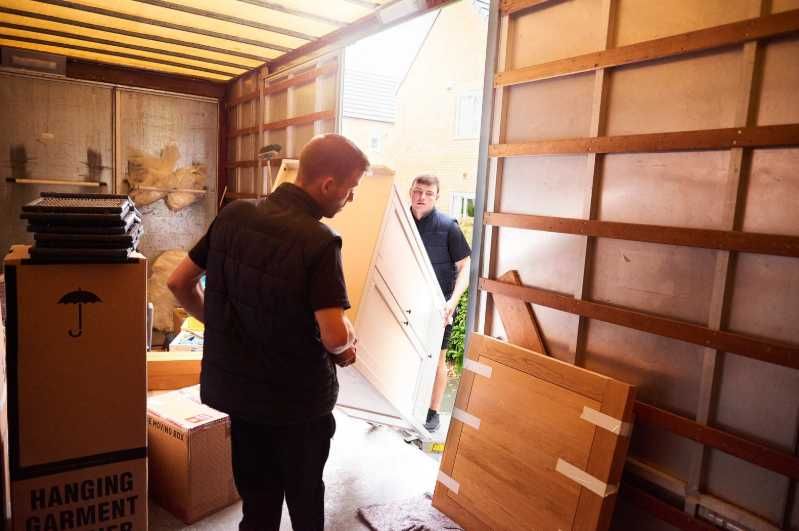
Ensuring safety during appliance removal is crucial to prevent injury and environmental hazards. Large appliances like refrigerators, ovens, and air conditioning units can pose several risks if not handled properly, including electrical shocks, sharp edges, and exposure to toxic substances. Before starting the removal process, appliances should be completely unplugged and powered down to eliminate electrical dangers. For gas-powered appliances, the gas supply should be shut off and the line properly sealed to prevent leaks.
If the appliance contains refrigerants or chemicals, these must be professionally drained to avoid releasing harmful substances into the environment. Protective gear, such as heavy-duty gloves and safety goggles, should be worn to guard against injury from broken glass, metal shards, and exposed wiring. Moving large appliances often requires proper lifting techniques and, in some cases, specialized equipment to avoid strain or injury. Taking these precautions helps protect both the people handling the appliances and the surrounding environment.
Assessing Reusability and Recycling Options
Before hauling an appliance to the landfill, it’s worth assessing whether it can be repurposed, repaired, or recycled. Many appliances still have valuable components that can be refurbished or reused, reducing waste and promoting sustainability. For example, motors, wiring, and metal frames from washing machines and refrigerators can often be salvaged and recycled. If an appliance is still functional or can be repaired, it might be suitable for donation to a local charity or resale shop.
Some manufacturers and retailers even offer trade-in or take-back programs for old appliances, giving businesses a cost-effective way to upgrade equipment while ensuring proper disposal. Working with specialized recycling centers is another option, especially for large-scale commercial appliance removal. These facilities are equipped to safely handle electronic and metal waste, recovering valuable materials while preventing toxic substances from reaching landfills. Taking the time to assess reusability and recycling options not only benefits the environment but can also reduce disposal costs.
Choosing the Right Disposal Method
Disposing of an appliance isn’t as simple as putting it on the curb. The method of disposal depends on the type of appliance, the materials it contains, and local regulations. For example, many states have strict guidelines for disposing of appliances that contain refrigerants, oils, or other hazardous materials. Simply dumping these appliances in a landfill can lead to environmental fines and legal issues. Recycling centers, scrap yards, and manufacturer take-back programs are often the best options for disposal.
If an appliance is completely non-functional and not recyclable, businesses should work with local waste management authorities or a professional junk removal company to ensure proper disposal. Certain materials, such as copper and aluminum, can often be extracted and sold for recycling, offsetting the cost of removal. Researching disposal options in advance helps businesses stay compliant with regulations, minimize environmental impact, and possibly even recover some value from old appliances.
Hiring Professional Junk Removal Services
For businesses dealing with large or heavy appliances, hiring a professional junk removal service is often the smartest move. Appliance removal can be physically demanding and time-consuming, especially for commercial properties with multiple units to dispose of. Professional junk removal teams have the equipment, manpower, and expertise to handle even the heaviest and most complex removals safely and efficiently. They know how to properly disconnect, lift, and transport appliances without damaging surrounding property or risking injury.
A professional service also ensures that appliances are disposed of in an environmentally responsible manner, with recyclable materials separated and hazardous components handled according to regulations. This helps businesses avoid the legal and environmental pitfalls that come with improper disposal. Partnering with a reliable junk removal company allows businesses to focus on their core operations while ensuring that appliance removal is handled correctly and responsibly.
Avoiding Legal and Environmental Pitfalls
Improper appliance disposal can lead to serious legal and environmental consequences. Many appliances contain hazardous substances such as refrigerants, mercury, and lead, which can contaminate soil and water supplies if not handled properly. Businesses that fail to comply with disposal regulations can face heavy fines, legal action, and reputational damage. To avoid these risks, businesses must stay informed about local, state, and federal guidelines for appliance disposal.
This includes securing necessary permits, working with certified recycling facilities, and ensuring that hazardous materials are properly removed and processed. Many municipalities have designated drop-off locations or recycling programs specifically for appliances, making it easier to comply with regulations. Partnering with a professional junk removal service or waste management company can help businesses navigate complex disposal laws while minimizing environmental impact. Staying ahead of these requirements protects both the business and the environment.
Preparing for Future Appliance Upgrades
Effective appliance removal isn’t just about getting rid of old equipment — it’s also about planning for the future. Businesses should develop a structured approach to upgrading appliances to avoid last-minute chaos and downtime. Coordinating with a professional junk removal service can help ensure that old appliances are removed quickly and efficiently, making room for new equipment without disrupting business operations. When purchasing new appliances, businesses should consider energy-efficient models that consume less power and produce fewer emissions, reducing long-term operating costs.
Many manufacturers offer trade-in programs or recycling incentives for old appliances, making it easier to upgrade responsibly. A clear appliance upgrade plan reduces logistical headaches, improves energy efficiency, and ensures that the removal process aligns with environmental and safety standards. This forward-thinking approach keeps operations running smoothly while minimizing waste and environmental impact.
Reducing Costs Through Smart Disposal Practices
Appliance removal doesn’t have to be expensive — strategic planning can significantly reduce costs. Selling or donating functional appliances can generate extra revenue or tax benefits, while recycling materials such as copper, steel, and aluminum can offset disposal fees. Scheduling appliance removal during off-peak hours or combining multiple items into a single removal session can also reduce service costs. Some manufacturers and retailers offer take-back programs, providing discounts on new equipment in exchange for old appliances.
Businesses should also consider proactive maintenance strategies that extend the lifespan of appliances, reducing the need for frequent replacements. Regular servicing and repairs help keep appliances in working order longer, cutting down on waste and disposal costs. By exploring all available options — resale, recycling, manufacturer programs, and professional removal services — businesses can minimize expenses while ensuring responsible and efficient disposal.
The Role of Sustainability in Appliance Disposal
Sustainability is no longer optional — it’s an essential part of doing business responsibly. Appliance disposal plays a significant role in reducing environmental impact, as many appliances contain valuable materials that can be recycled and hazardous substances that must be carefully handled. Partnering with green-certified junk removal services ensures that recyclable components are recovered and hazardous materials are disposed of according to environmental guidelines.
Developing a comprehensive waste management plan that prioritizes eco-friendly practices enhances a company’s reputation and reduces its carbon footprint. Businesses can also reduce waste by investing in energy-efficient appliances, which consume less power and produce fewer emissions. Recycling and proper disposal of old appliances prevent valuable materials from ending up in landfills while protecting the environment from harmful substances. Sustainability isn’t just good for the planet — it’s also good for business.
Conclusion
Safely handling appliance removal in your business requires careful planning, adherence to legal regulations, and consideration for environmental impact. Whether recycling, donating, or working with professional junk removal services, businesses must approach appliance disposal strategically to ensure safety and sustainability. Managing waste responsibly not only prevents legal complications but also supports eco-friendly initiatives that benefit the community and the planet.
For professional and reliable appliance removal services, Priority Junk Removal is ready to assist businesses with safe and efficient disposal solutions. Located at 6091 South Spotswood Street, Littleton, Colorado 80120, United States, our team ensures compliance with all regulations while prioritizing sustainability. Contact us at 720-451-1359 or email priorityjunkremoval@gmail.com to schedule an appointment today.

